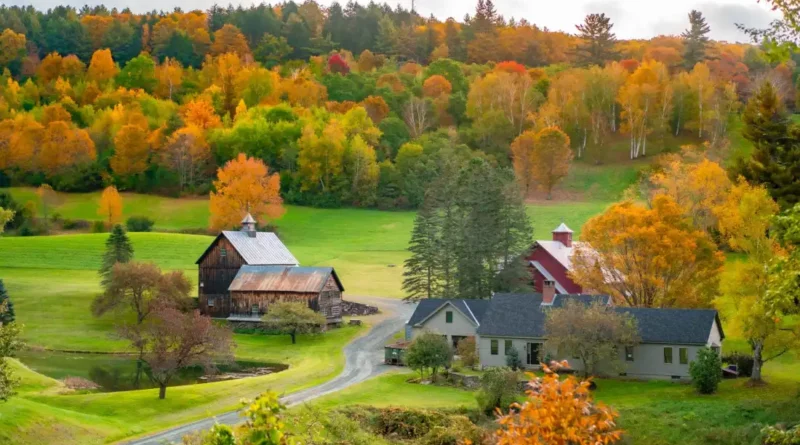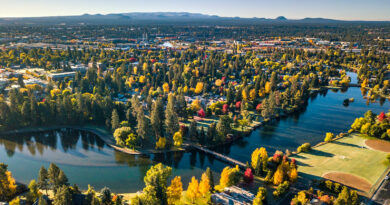History Of Vermont
Vermont boasts a history as vibrant and unique as its picturesque landscapes. From its early Native American inhabitants to its role as a crucible of revolutionary ideas, Vermont has woven a tapestry of resilience, progress, and cultural significance. Join us as we embark on a journey through time to explore the captivating history that has shaped the beloved “Green Mountain State.”
Native American Presence in Vermont
Long before European settlers arrived, the lands of present-day Vermont were inhabited by the Abenaki and other Algonquian-speaking tribes. These Native American communities had a profound connection with the region’s forests, rivers, and mountains, influencing their way of life and culture. Their legacy is still felt today through place names and the preservation of their traditions.
Colonial Settlement and Independence
In the early 17th century, European settlers from France and England established trading posts and forts in what is now Vermont. The area experienced a complex struggle for control between the French, British, and various Native American tribes. Following the French and Indian War, Vermont was claimed by both New York and New Hampshire, resulting in a period of intense disputes known as the “New Hampshire Grants Controversy.” Ultimately, Vermont declared its independence and existed as an independent republic for 14 years before joining the United States as the 14th state in 1791.
Abolitionism in Vermont and the Underground Railroad
Vermont played a pivotal role in the fight against slavery and became known as a haven for abolitionists. Prominent figures like Thaddeus Stevens, a leading advocate for racial equality, were born and raised in Vermont. The state’s support for the abolitionist cause was unwavering, and its underground railroad network provided assistance to escaped slaves seeking freedom in Canada. This commitment to justice and equality left an indelible mark on Vermont’s history.
Environmental Conservation
Vermont’s breathtaking natural beauty has long been cherished by its residents, leading to a strong tradition of environmental stewardship. The state’s commitment to conservation dates back to the late 19th century when George Perkins Marsh, a native Vermonter, authored the influential book “Man and Nature.” This seminal work emphasized the importance of sustainable land use and the interconnectedness of humans and the natural world. Today, Vermont’s conservation efforts, including the establishment of state parks and the preservation of its iconic Green Mountains, continue to inspire environmental movements worldwide.
Vermont Counterculture and Progressivism
During the mid-20th century, Vermont became a haven for countercultural movements and progressive ideals. The state attracted artists, writers, and activists seeking an alternative way of life. The town of Woodstock hosted the legendary Woodstock Festival in 1969, becoming a symbol of the counterculture era. Vermont’s progressive spirit also manifested in its early support for civil rights, LGBTQ+ rights, and the pursuit of sustainable practices, solidifying its reputation as a progressive stronghold.
Conclusion
Vermont’s history is a testament to the spirit of resilience, progress, and unwavering commitment to values. From its Native American origins and colonial settlement to its role in abolitionism, environmental conservation, and countercultural movements, the state has continuously shaped and contributed to the fabric of American society. Today, Vermont stands as a testament to the power of preserving natural beauty, embracing
Discover more from City Towner
Subscribe to get the latest posts sent to your email.




